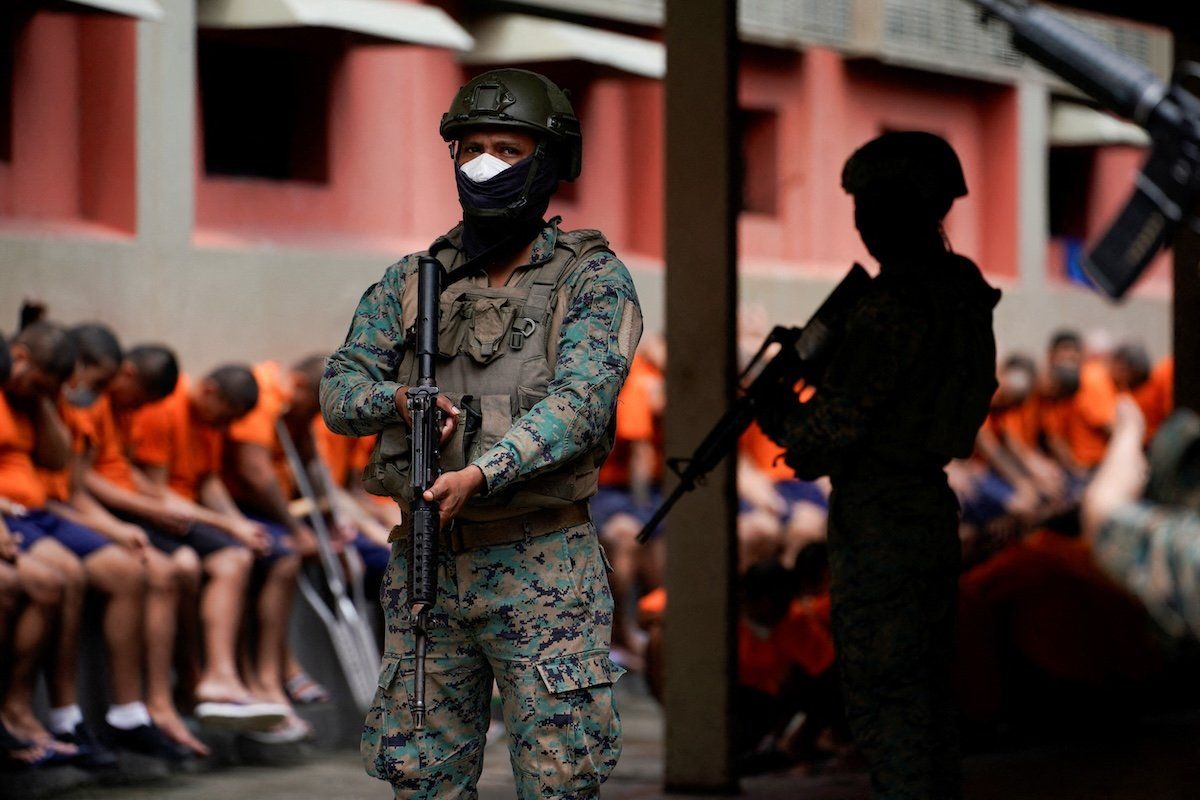Ecuadorians will get their say on a slew of emergency measures meant to combat skyrocketing murders in their country — but they’ll have to wait more than two months.
A court has set April 21 as the date for a referendum on expanding the army’s powers, tightening control over guns and prisons, and raising penalties for trafficking.
President Daniel Noboa, the scion of a banana export dynasty who was elected last November, called for the vote as he battles an unprecedented surge of violence in the once-peaceful country. The cause? Record global demand for cocaine is driving a war among drug cartels for control over Ecuador’s ports.
Last year Ecuador’s homicide rate surpassed 40 per 100,000 inhabitants, more than quadruple the mark in 2020. In recent months, several prominent politicians, including a presidential candidate, have been gunned down. In January, armed men stormed a live television broadcast.
Strongman, but by the book: Noboa’s consultative approach contrasts with the authoritarian (and so far successful) tack of Salvadoran President Nayib Bukele. But it’s a gamble: If civil liberties concerns cause Ecuadorans to vote “no” on some questions, Noboa’s hands could be tied (at least partly) while the violence rages.
